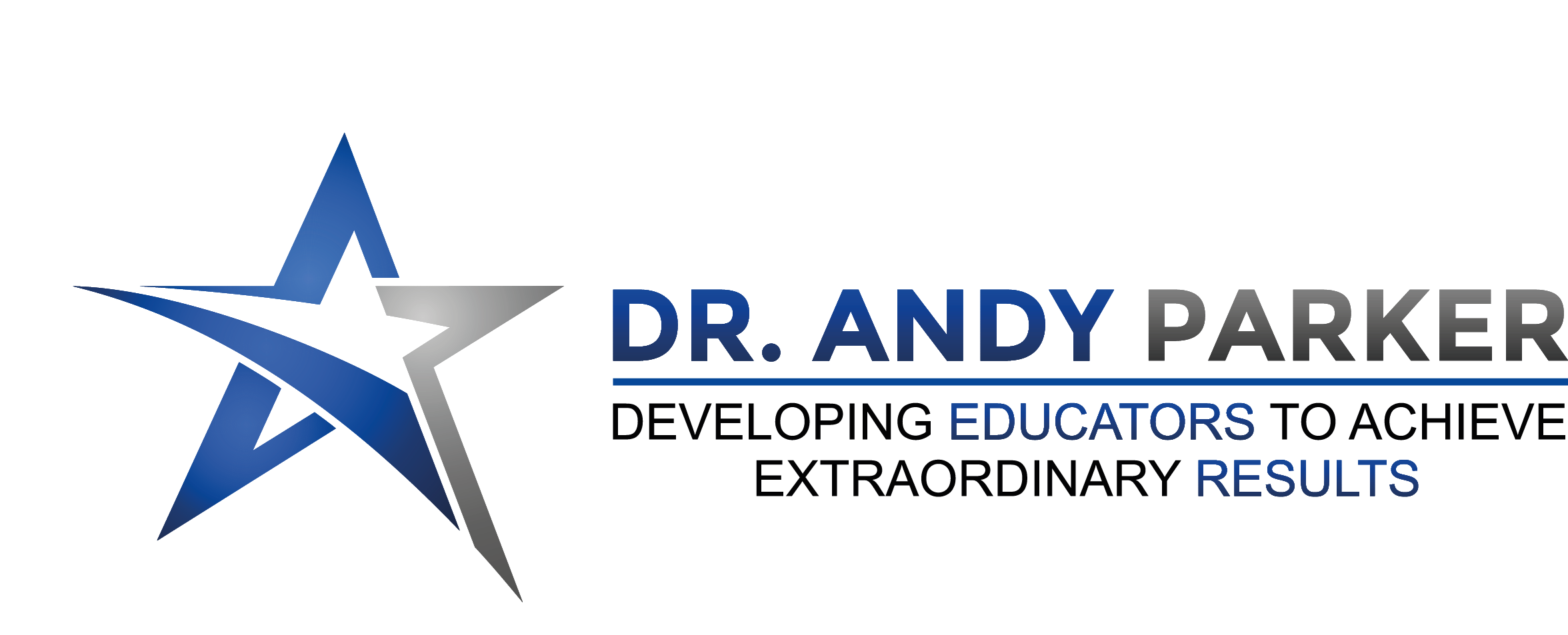3 Actions for School Leaders to Ensure High Levels of Student Learning are Occurring
School leaders have full plates organizing, managing, and leading schools. One of the primary responsibilities on their plates is to ensure that students are learning at high levels. To know that, school leaders must use formative measures to assess student learning and ensure that teachers are making adjustments to their instruction based on the data received.
These three Actions will help any school leader ensure that students are learning and teachers are intervening when the data shows student struggle:

ACTION TIPS
- Require and Examine Student Writing in All Classes
One protocol to assess what students know and don’t know from a writing task and what interventions teachers should implement involves the following:
- Require Substantive Writing in all Curricula. One myth is that teaching writing is only the job of the English / Language Arts teacher. Writing is one of the most effective ways that students can convey what they know about any subject and should be required in all subjects within a school.
- Create Exemplar Responses. Ask Teachers to create exemplar responses to their writing tasks. The school leader should also create an exemplar or read and give feedback to teachers on their exemplars. Writing the exemplar helps teachers know that the task is measuring their intended outcome, can predict where students may have misconceptions, and provide insight into task complexity.
- Assess Writing Holistically. Have teachers group a sample of anonymous student writing into Low, Medium, and High stacks based on a rubric or standards for the writing assignment determined when teachers create their exemplars. The sample may be one class period or samples from all classes. The purpose here is not to grade but to assess the overall writing’s content, style, and usage.
- Record Trends from Student Writing. Ask teachers to record trends in writing characteristics from the Low, Medium, and High stacks so that teachers know what types of interventions to plan from each category.
- Discuss Trends and Plan Interventions. In a professional learning committee meeting (PLC), ask teachers to present their findings and plan interventions he or she will implement based on the trends. Then, repeat the process for the second round of writing.
2. Question Thoughtfully and Listen to Student Explanations
During classroom observations, school leaders should:
- Listen carefully to the questions that teachers are asking and the answers that students are providing to ensure that both tackle evidence and deeper thought. Provide development to teachers who need additional training in evidencee-based and text-dependent questioning.
- Offer in-the-moment model questioning if the teacher’s questions are not probing students to go deeper into the content or offer evidence. Step in and ask a question that models for teachers how to probe student thinking to go deeper. In a coaching session with the teacher, the principal may want to follow up on the model questioning and role-play additional questions with the teacher, highlighting exemplar answers for which the teacher should be listening.
- Quietly question students about the lesson and listen carefully to their responses. Offer suggestions that probe students to think more deeply about the content. Follow up with the students’ teacher about trends in student misconceptions that you notice.
3. Require and Examine Real-World Tasks in Math, Science, Social Studies, and the Arts
Teacher assignments should offer more to student thinking than just procedural mathematical problems or multiple choice answers memorized from pages of notes or a history chapter study guide. Teachers must thoughtfully plan multi-faceted tasks that assess student understanding of complex topics and ideas, multiple content standards, and cross-curricular connections. Follow these steps in requiring planning and examining tasks in your school:
Train teachers how to create strong, complex tasks in their subject areas. A strong task will:
• Focus on a real-world problem within a subject area.
• Require students to assemble information from multiple sources, complete multiple steps in finding a solution, or consider multiple viewpoints in a scientific, social, or historical context.
• Align with multiple content standards.
• Require students to demonstrate multiple levels of understanding through writing and problem-solving.
Create common planning times where teachers are expected to plan tasks and get feedback from their peers. Creating complex tasks requires time and thought. Providing opportunities for collaboration is one way to support teachers as they learn about and create tasks.
Create a protocol where staff examine student responses to tasks in a PLC meeting and plan subsequent instructional action based on findings.
This protocol should also have a regular rhythm in the school’s calendar so that it becomes a regular part of professional practice at your school.
These three actions will prompt much deeper levels of student learning within your school’s classrooms and will make learning more engaging and applicable to your students.

